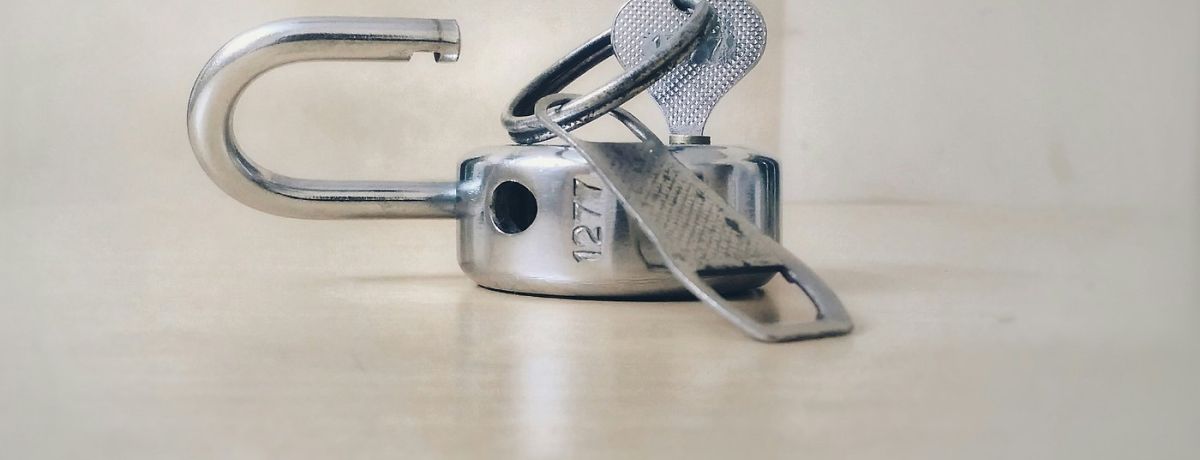
Too Much Work To Do & Not Enough Time To Get It Done? Try This!
Do you have too much to do this week? Do you have too many tasks, clients, or projects on your plate? I want to share a simple process that can help you gain clarity this week so you know exactly what to do and how to prioritize it.

Life is Hard. Business is Challenging. The World is Uncertain.
Leaders, freelancers, and entrepreneurs: Get stories & systems, for navigating the challenges, in your inbox.
As a freelancer, I juggle multiple clients, projects, and tasks. When I have too much to do and not enough time, the first thing I do on a Monday is imagine it's the end of Friday. I ask myself, "What do I want to have accomplished by the end of the week?"
By fast-forwarding to Friday and mentally reviewing my desired accomplishments, my mind automatically starts populating necessary tasks and filtering out noise, getting me right to where I need to be. You can apply this mental exercise to a day, week, month, or even a year. Think about what you want to achieve and what story you want to tell about your accomplishments.
Prioritizing Your Week
Going back to the weekly example, I mentally review each client or project. If you're a freelancer, you can look at your existing client or project list. For each one, consider what needs to be accomplished by the end of the week.
You can extrapolate this further for larger projects. If you have a project due in a month, break down the milestones you need to hit each week to stay on track. This prevents procrastination and ensures steady progress.
For my week, I identify the top-priority items for each client. These are things that are:
- Time-sensitive (e.g., promotions before an event).
- Overdue tasks that need to be completed.
- New, urgent requests that have come in.
I have an entire week to accomplish these goals, and I can usually knock out the most important and urgent tasks by Monday or Tuesday. This leaves the rest of the week (Wednesday, Thursday, and Friday) to work on other important but not necessarily urgent items. At this point, the order and priority of these remaining tasks may not even matter because the critical work is done.
The Power of Chronic Consistency
Here's a bonus tip to level up your business and life. Years ago, I struggled with chronic inconsistency. I would get passionate about something, go all-in, then burn out and get distracted, leading to a mediocre life and business.
In 2010, I heard Jim Collins speak, and one statement struck me: "Mediocrity is the sign of chronic inconsistency." This resonated deeply with my struggles.
I started by asking myself: "What are the most important things I must do consistently every week to move my business forward?" I applied this to my personal life as well, including my marriage and faith. I identified three to seven key actions I needed to take daily or weekly.
For my business, I focused on actions that generated new leads, brought in new business, advanced client projects, and moved the company forward. I identified three or four such things and started doing them consistently, tracking my progress. It took a few months to get into a rhythm, and I developed a system for tracking and scoring myself to stay motivated and accountable.
What I discovered was eye-opening: much of what I was doing was "busy work" to feel productive. The most crucial tasks for my business could be completed in just a few focused days each week. This was far more effective and less time-consuming, leaving me with three extra days every week to work on other things.
This was a pivotal moment in my journey to become focused, self-controlled, and disciplined. By consistently applying effort like a magnifying glass focusing sunlight to burn a hole, I moved beyond mediocrity toward excellence.
As you plan your next week or year, think about what you need to do consistently to move yourself and your business forward.


